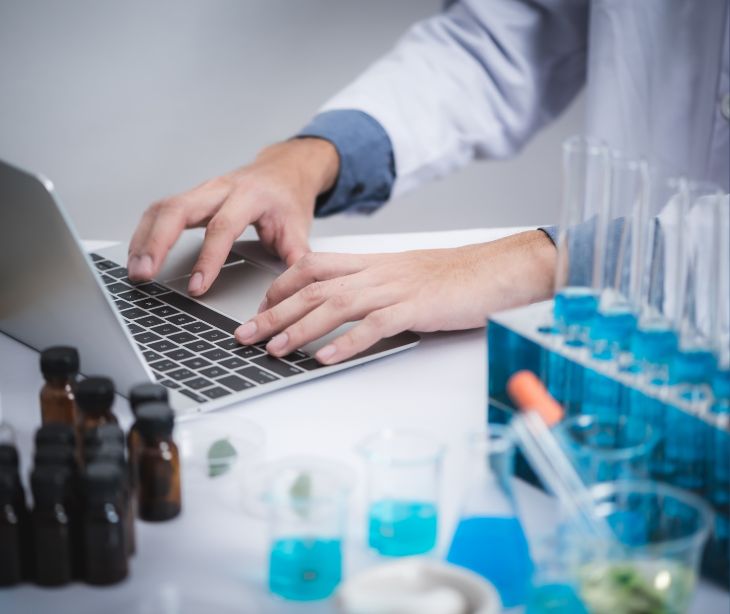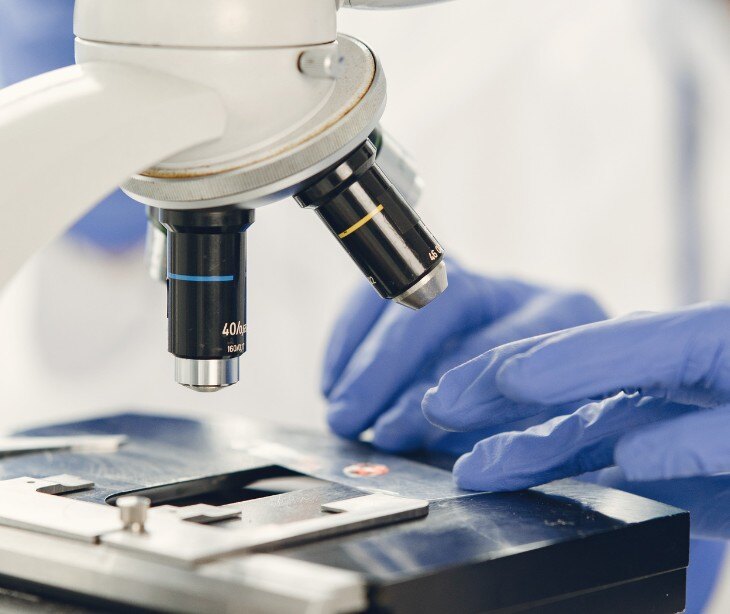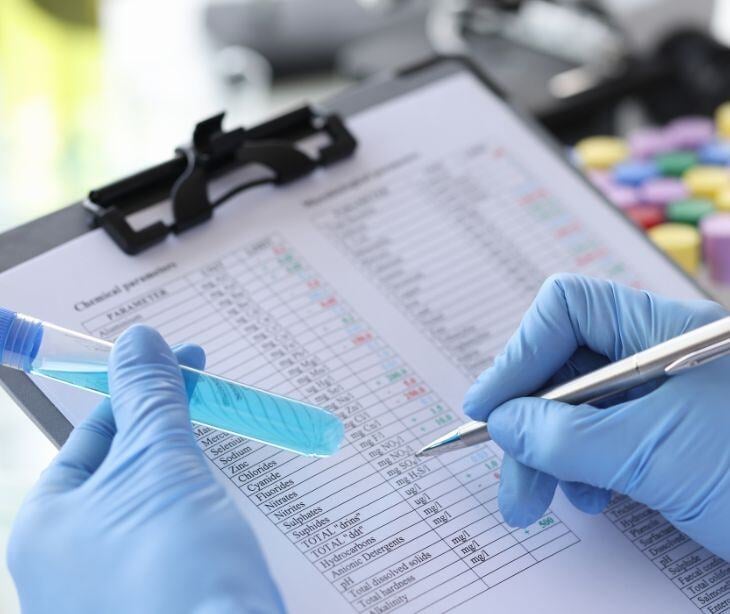
A Laboratory Information System (LIS) is a software system designed to manage and streamline operations within a laboratory environment. LIS enhances the efficiency, accuracy, and compliance of laboratory operations while ensuring the quality and integrity of test results.
Function of a laboratory information system
- Sample tracking: LIS tracks the lifecycle of samples from the point of entry into the lab to the final result delivery. This includes assigning unique identifiers to samples, tracking their location within the lab, and recording all activities associated with each sample.
- Workflow management: LIS helps in managing the workflow within the laboratory by assigning tasks to laboratory personnel, scheduling tests, and optimizing the use of resources such as equipment and personnel.
- Data management: LIS stores and manages various types of data generated during the testing process, including patient demographics, test orders, test results, quality control data, and instrument data.
- Result reporting: LIS generates reports for test results, which can be delivered to healthcare providers electronically or via printed reports. These reports often include interpretive comments and reference ranges for comparison.
- Quality control: LIS facilitates quality control processes within the laboratory by monitoring instrument performance, tracking quality control samples, and flagging any abnormalities or deviations from expected results.
- Interfacing with other systems: LIS often interfaces with other systems within the healthcare organization, such as electronic health records (EHR), billing systems, and instrument interfaces, to facilitate seamless data exchange and integration.
In the news: CMS finalizes rule to improve health data exchange
Best practices
Implementing and managing a Laboratory Information System (LIS) effectively requires careful planning and adherence to best practices. Here are some tips and best practices:
- Define clear objectives: Define the goals and objectives you aim to achieve with the LIS implementation.
- Involve stakeholders: Involve key stakeholders such as laboratory managers, technicians, IT personnel, and end-users in the selection, implementation, and optimization of the LIS. Their input is crucial for ensuring that the system aligns with operational needs and user preferences.
- Comprehensive training: Provide comprehensive training to laboratory staff on how to use the LIS effectively. Training should cover all aspects of the system, including data entry, result reporting, quality control procedures, and troubleshooting.
- Customization and configuration: Customize the LIS to align with the specific workflows and processes of your laboratory. Configure the system to accommodate different testing methodologies, sample types, and reporting requirements.
- Data security and compliance: Implement robust data security measures to protect sensitive patient information and ensure compliance with relevant regulations such as HIPAA or GDPR. Regularly update security protocols and conduct audits to identify and address potential vulnerabilities.
- Quality control and assurance: Establish robust quality control and assurance processes within the LIS to monitor the accuracy and reliability of test results. Implement built-in checks and alerts for identifying deviations from expected results and ensure traceability of all laboratory activities.
- Integration with other systems: Integrate the LIS with other systems within the healthcare organization, such as the EHR, billing systems, and instrument interfaces. Seamless integration enhances efficiency, reduces duplicate data entry, and facilitates better communication across departments.
- Regular maintenance and updates: Schedule regular maintenance activities to ensure the smooth functioning of the LIS. Keep the system up to date with software patches, updates, and new feature releases provided by the vendor.
- User support and feedback mechanisms: Provide ongoing user support to address any issues or challenges encountered by laboratory staff. Establish feedback mechanisms for users to report issues, suggest improvements, and provide input on system usability.
- Continuous improvement: Continuously evaluate the performance of the LIS and identify areas for improvement. Seek feedback from users, conduct regular reviews of system usage and effectiveness, and implement enhancements to optimize laboratory operations.
See also: HIPAA Compliant Email: The Definitive Guide
The role of laboratory information systems in healthcare quality improvement
According to research, “advanced laboratory information systems may eliminate diagnostic errors in the preanalytical, analytical, and postanalytical phases. In addition, they can incorporate genomic data at the analytical stage to generate useful reports for providers and patients.”
The implementation of LIS has a comprehensive impact on advancing the provision of laboratory services by streamlining tests, procedures, and workflows. This software empowers laboratories to sharpen patient care outcomes while curbing human error and reducing operating expenditures.
FAQs
What are the different types of LIS?
Common types of LIS include
- Clinical Laboratory Information System,
- Anatomic Pathology Laboratory Information System,
- Molecular Diagnostics Laboratory Information System,
- Microbiology Laboratory Information System, and
- Blood Bank/Transfusion Service Information System.
What ongoing support is needed after implementing an LIS?
Ongoing support after implementing an LIS includes providing user support and training, conducting regular maintenance activities, staying updated with software updates and patches, addressing user feedback, and continuously evaluating and improving system performance.
How does LIS help laboratories comply with regulatory requirements?
LIS helps laboratories comply with regulatory requirements by enforcing standardized procedures, ensuring traceability of all laboratory activities, maintaining accurate documentation and records, providing audit trails, implementing quality control measures, and supporting regulatory reporting requirements.
Subscribe to Paubox Weekly
Every Friday we bring you the most important news from Paubox. Our aim is to make you smarter, faster.




